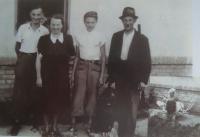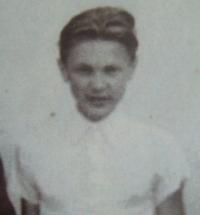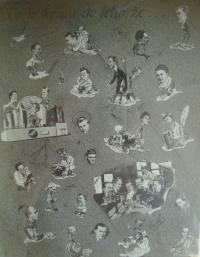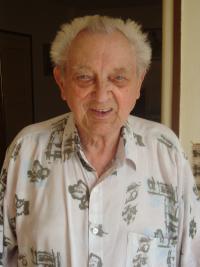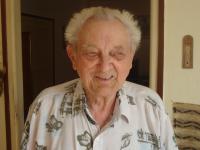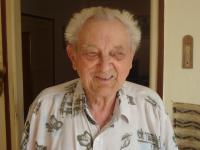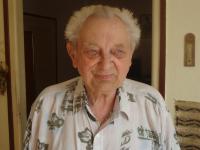But they didn’t want to take me, but my brother, as I was just a small boy
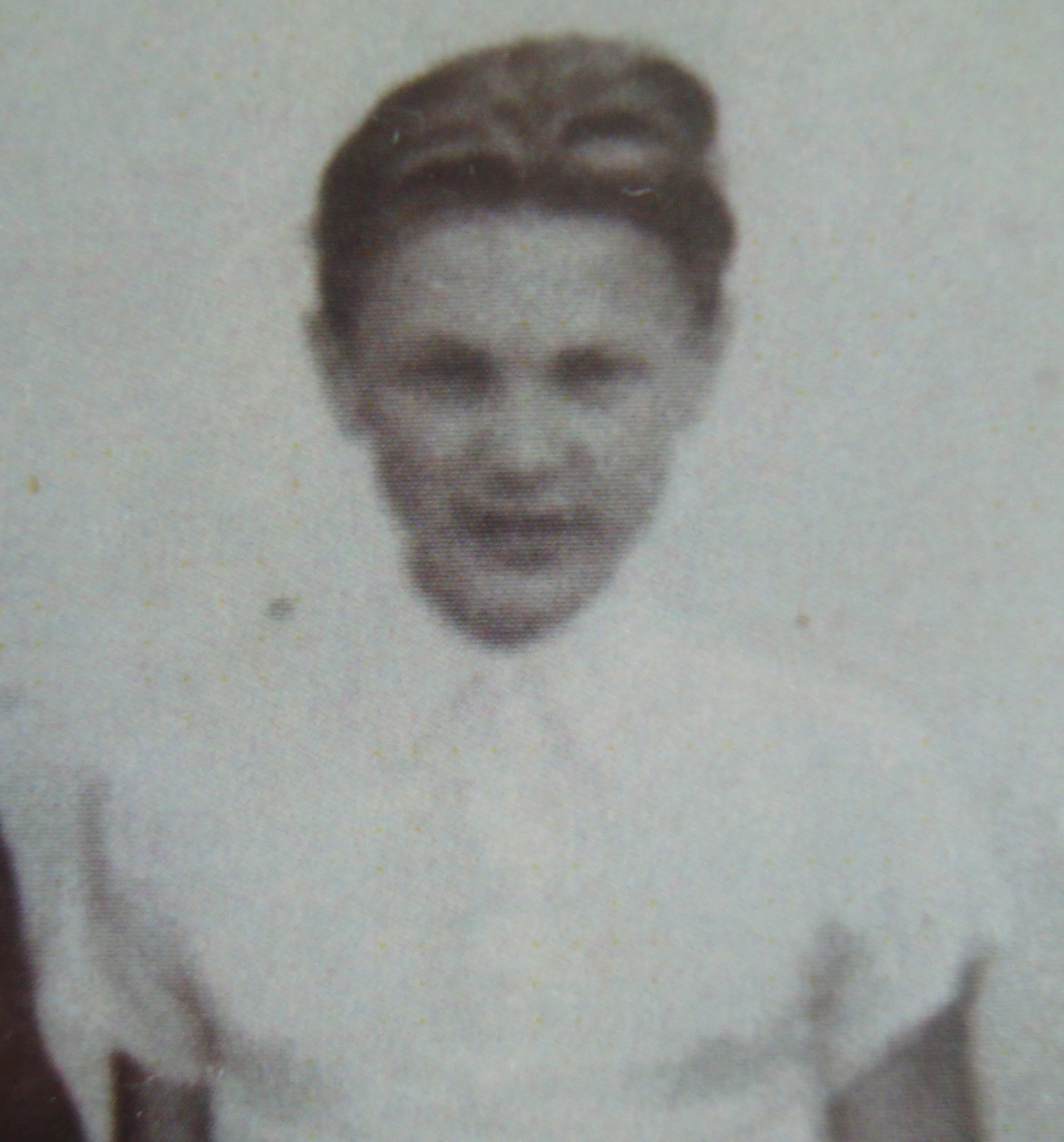
Download image
Jaromír Čížek was born on 17 June, 1924 in Dolní Beřkovice near Mělník in a former Czechoslovakia. He attended the elementary and secondary school and then attended the Higher Industrial College in Roudnice nad Labem. On 20 June, 1942 he got arrested in connection with so called students’ persecution in Roudnice and as he was not present on the school premises as most of his mates, the Czech officers came for him to Bechlín, where his family moved meanwhile. Together with his mates from industrial college and the gymnasium in Roudnice he was imprisoned in the Small Fortress of Terezín for alleged preparation of the assassination of Alfred Bauer, the director of the German school in Roudnice nad Labem. The witness worked in village commandos in Ústí nad Labem, in Lovosice and other places. On 26 or 27 November, 1942 he was released from the Small Fortress but had to report at the Kladno gestapo that sent him to forced labor in Hněvice near Roudnice nad Labem. Since December 1943 until 5 May, 1945 he worked on forced labor in Berlin, Finsterwalde (near the town of Cottbus) and finally in Davle. On 5 May, 1945 he left for Prague, where he met the Russian liberation army in Chuchle, which he joined and continued to Dobříš. In May 1945 he was active along with his school mates in Revolutionary national guard in Ústí nad Labem and after setting up an industrial college in the same town he started to attend secondary school again. After graduating from the college he started to work as an engineer in Ústí nad Labem, in Brodce nad Sázavou and in Prague, and then in the Research Institute of Powder Metalurgy and in jewelry store. He also worked as a secretary of the National Committee in Prague-Písnice, where he also lived in 2016.
